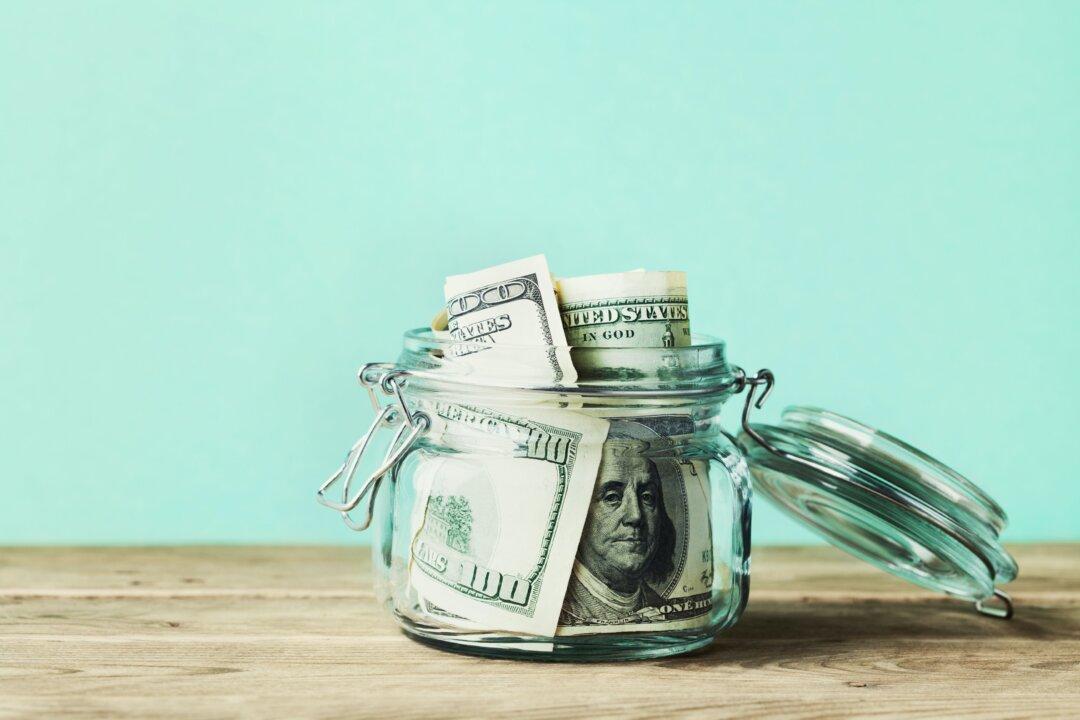The most important thing you can do to make your personal economy strong is to have an umbrella—a contingency fund with at least enough money to pay all of your bills without a paycheck for three to six months.
Call it $10,000. On a weekly basis, try to save 10 percent of your paycheck. It may sound like a lot, so if you can’t do 10 percent, start with 5 percent or even 1 percent and build up.





